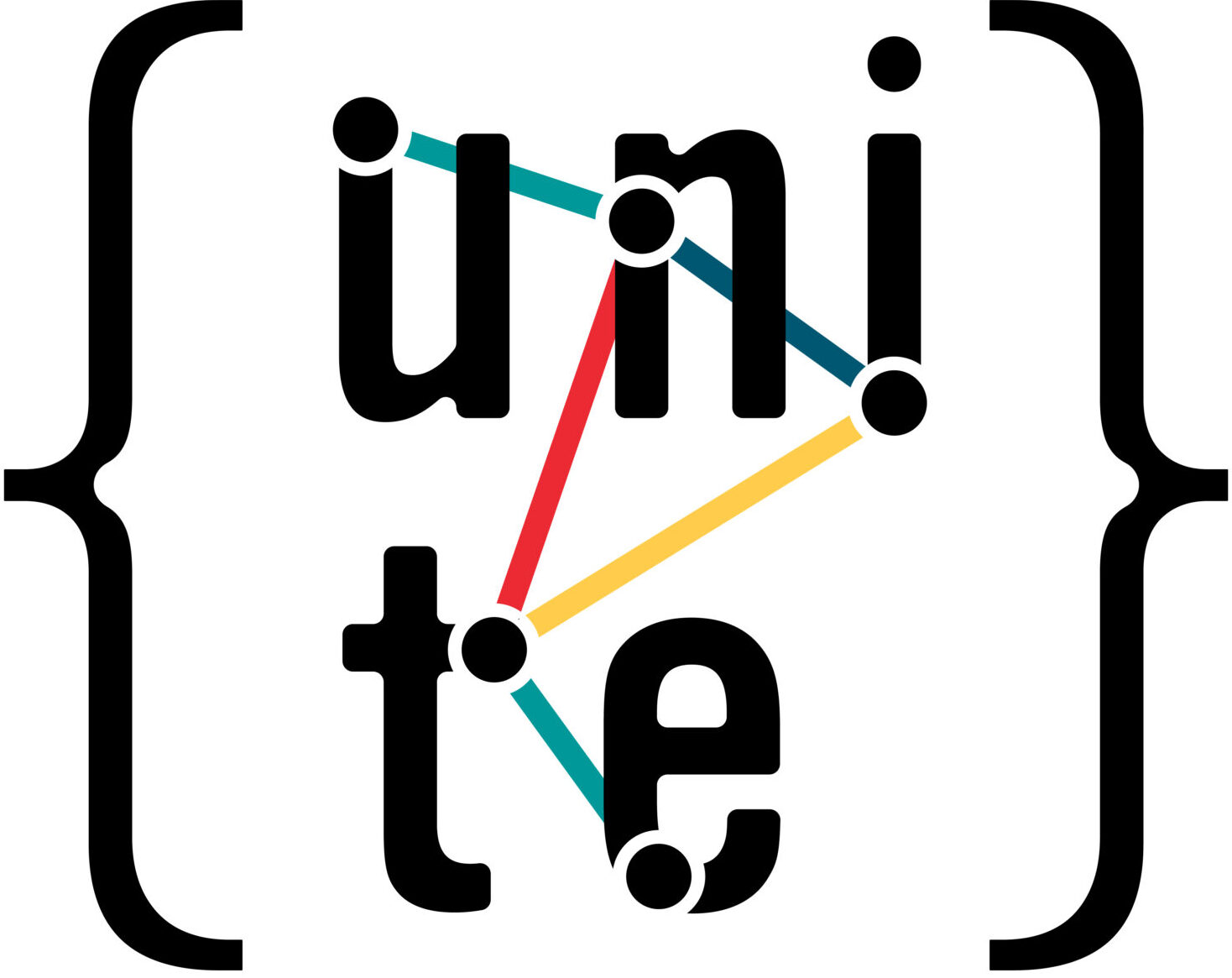WHY UNITE?
Constant digital transformations and the increasing advance of artificial intelligence in every sphere of our lives represent challenges but also opportunities to improve quality and inclusion in education. The way that people learn has changed significantly over time due to the available technologies. The spatial restriction of a physical classroom has been eliminated by the current educational system, which has benefited from the digitalization of teaching methodologies.
Modern education makes use of the latest technology such as social learning applications and audiovisual platforms like podcasts, e-books, and videos making the learning process more engaging. We have all been educated in a teacher-centric classroom; a system where the teacher is upfront and the students are seated, listening to the lecture, and taking notes. This approach has historically formed the core of our education system, and, to some extent, continues to persist in classrooms across the globe. However, technology has become an integral part of our everyday lives, and can help facilitate teaching and learning practices that center students and work with their learning requirements. From chalkboards to whiteboards and now to smart boards, technology has become our main source of teaching.
This project recognizes the importance of guiding students in becoming flexible to changing times and helping them learn to employ new technical competence that adheres to the principles of Universal Design for Learning (UDL). In addition to digital innovation, this project considers the cultural changes that are occurring in the increasingly globalised world. For international students, the transition to living and studying in a new country and cultural environment can present challenges to learning. Students from diverse backgrounds and underrepresented groups may have concerns about the inclusivity of their university community. While recent years have seen concerted efforts towards innovation and inclusivity enhancement
in HEIs, this enhancement is still not accomplished, especially considering the absence of an EU-standardised approach. Thus, this project provides a further step forward in the modernization of education to guarantee high-quality education and inclusivity (in line with SDG 4 and 10 of Agenda 2030).
OUTPUTS
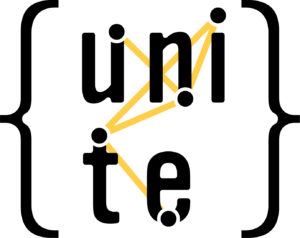
I-TEACH – Innovative TEACHing
It deals with the realisation of innovative methodologies for teaching, including virtual laboratories using the potentialities of mixed reality and podcasts. At least one topic of one course for each University will be produced and delivered through podcasts and five virtual laboratories will be created by using the immersive reality.
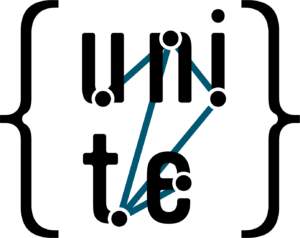
AWARE – AWareness training for lectuRers and studEnts
It deals with the design and realisation of specific training paths for faculty members and students aiming at improving awareness and knowledge around topics related to inclusion, including DLR due to disability, neurodiversity, gender, sexuality and cultural differences, and innovative pedagogies.
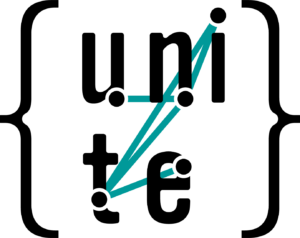
DONE – Digital tOols for iNclusive lEarning
It deals with the implementation of an AI-based digital tool to support the studying of students with DLR to guarantee an inclusive approach capable of answering the requirements of specific target groups and empowering the unique capabilities of each group. The tool will also contain a repository to share learning and teaching material among the University community.
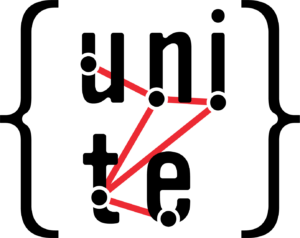
GUIDANCE – hiGh qUality and Inclusive eDucAtioN praCticEs
It deals with reporting good practices in all languages and differentiated for countries to assure high quality and inclusive education. Within this output, we will develop a sensor system (SENECA – SENsor systEm for Comfort Analysis) to create a smart sensor room monitoring the comfort and accessibility
CONSORTIUM


